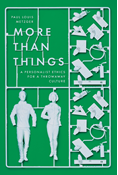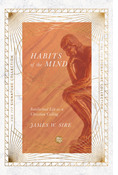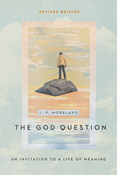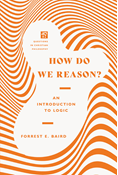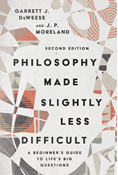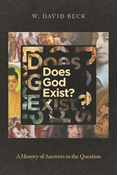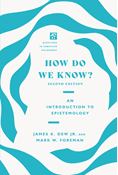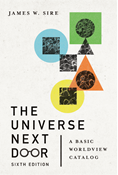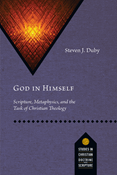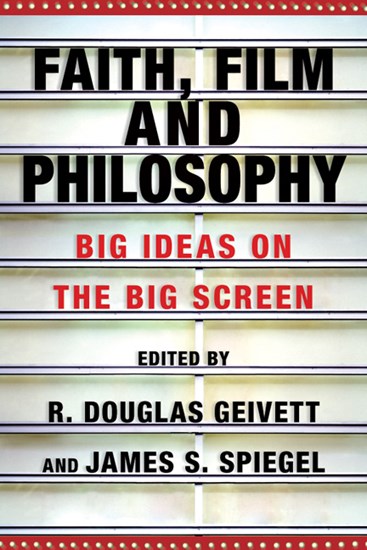
|
Faith, Film and Philosophy
paperback
|
- Length: 311 pages
- Dimensions: 6 × 9 in
- Published: October 17, 2007
- Imprint: IVP Academic
- Item Code: 2589
- ISBN: 9780830825899
-
Other Retailers:
Amazon*
*affiliate partner
"Those who tell stories rule society." Plato
So who today are our principal storytellers? Not philosophers, but filmmakers. For those who know both the enormous entertainment potential and the culture-shaping power of film, this book will stir mind and imagination. For great stories freight world-sized ideas, ideas worthy of contemplation and conversation. Great cinema inspires wonder. But another philosopher, Aristotle, reminds us that wonder is the true source of philosophy. So perhaps Plato or Aristotle might have a shot at ruling society, even today--if they took an interest in film.
These fourteen essays consider classic and current films together with several major philosophical themes, all within the context of Christian faith: (1) the human condition, (2) the human mind and the nature of knowing, (3) the moral life, and (4) faith and religion.
Citizen Kane, Big Fish and Pretty Woman contribute to an in-depth consideration of the human condition.
The Truman Show, The Matrix, Being John Malkovich and It's a Wonderful Life, among others, illuminate reflection on the human mind and the nature of knowing.
Looking at the moral life, contributors interact with such notable films as Pleasantville, Bowling for Columbine, Mystic River and The Silence of the Lambs.
The final section pursues the theme of faith and religion traced through a number of Hong Kong martial arts films, Contact, 2001: A Space Odyssey and U2's music documentary Rattle and Hum.
A veritable film festival for all those who want to nurture the wonder of philosophical inquiry and the love of Christian theology through an engagement with the big ideas on the big screen.
CONTENTS
Acknowledgments
Introduction
James S. Spiegel
Part One: The Human Condition
1 The Citizen Kane Mutiny: What Hollywood Knows and Will Never Admit About Life, Love and Human Relationships
James F. Sennett
2 Story-Shaped Lives in Big Fish
Kelly James Clark
3 Defining Love Through the Eye of the Lens: Romance, Sex and the Human Condition in Pretty Woman, Legends of the Fall and The Bridges of Madison County
Greg Jesson
Part Two: Mind and Knowledge
4 Escaping into Reality: What We Can Learn From The Truman Show About the Knowledge Enterprise
R. Douglas Geivett
5 The Sleeper Awakes: Gnosis and Authenticity in The Matrix
David P. Hunt
6 Consciousness, Memory and Identity: The Nature of Persons in Three Films by Charlie Kaufman
Gregory E. Ganssle
7 What Would Have Been and What Could Be: Counterfactuals in It?s a Wonderful Life and Run Lola Run
James S. Spiegel
Part Three: The Moral Life
8 Liberation Through Sensuality: Cinematic Moral Vision in an Age of Feeling
Dallas Willard
9 From a Society of Fear to a Community of Trust: Moving Beyond Bowling for Columbine
Sara L. H. Shady
10 Vengeance, Forgiveness and Redemption in Mystic River
Caroline J. Simon
11 Moral Monsters: Horror?s Indispensable Need for Good and Evil
Ron Tacelli
Part Four: Faith and Religion
12 Religion and Science in Contact and 2001: A Space Odyssey
Brendan Sweetman
13 Bottled Water from the Fragrant Harbor: The Diluted Spiritual Elements of Hong Kong Films
Winfried Corduan
14 Rattle and Film: U2, Nietzsche and Salvation in the Blues
Douglas K. Blount
Appendix
Film Summaries
Contributors
Notes
Index


